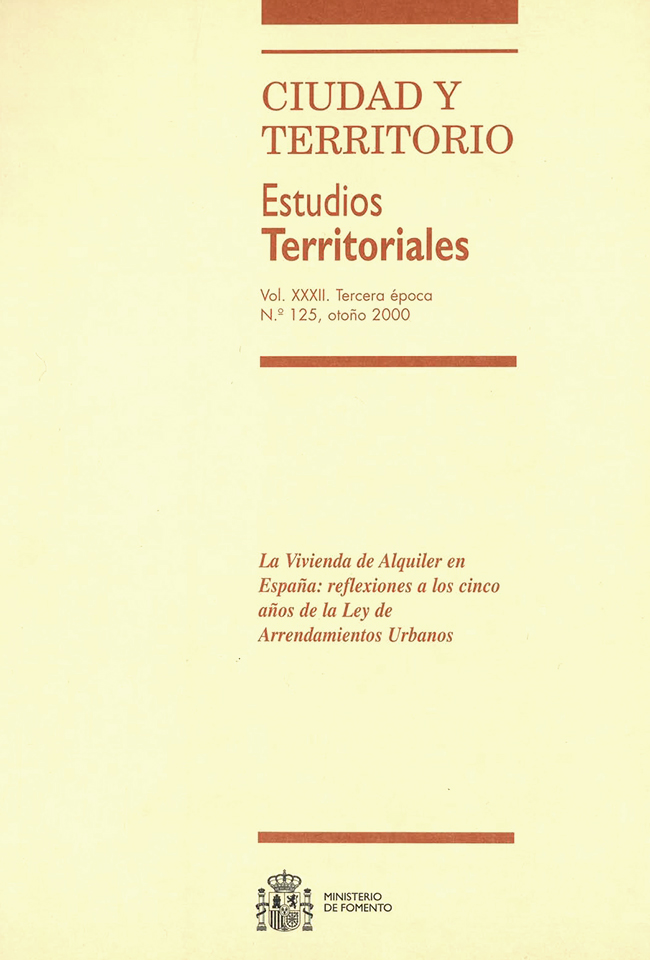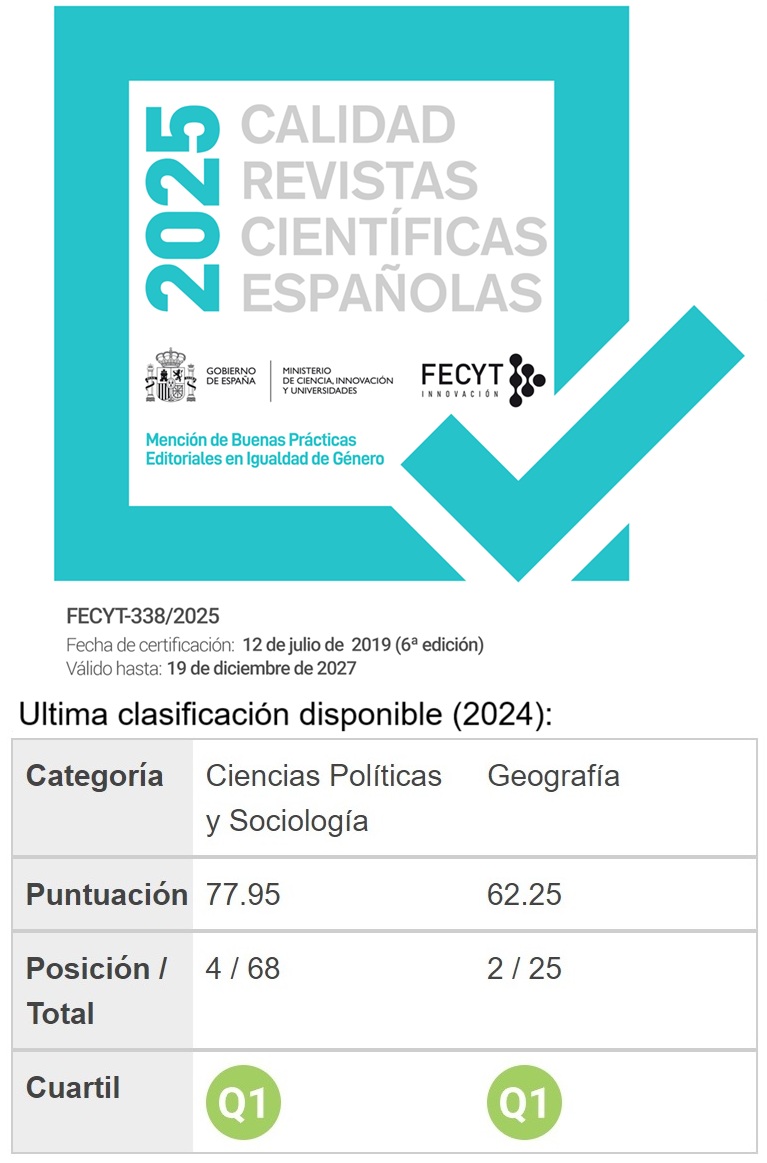La Fianza Arrendaticia y su Depósito Obligatorio
Palabras clave:
Ley de Arrendamientos Urbanos, Fianza arrendaticia, Arrendador, ArrendatarioResumen
Cabe distinguir en la actualidad en la regulación de la fianza arrendaticia : a) La relación Arrendador-Arrendatario que lleva a pactar la prestación de garantía, planteandose las cuestiones de la naturaleza de la Fianza Arrendaticia, la imperatividad de la Fianza Arrendaticia, los contratos a los que se aplica la fianza, los sujetos de la fianza, el tiempo, cuantía y forma de la fianza, la restitución de la fianza : tiempo y modo de hacerla y la actualización de la fianza. b) La relación Arrendador-Administración Pública Autonómica : que implica la obligación legal de poner (depositar) a disposición de la Administración Pública Autonómica el importe de la Fianza Arrendaticia. Plantea las cuestiones de su naturaleza jurídica, nacimiento, sujetos y objeto de la obligación de depósito y la restitución del depósito y objeto, tiempo y efectos del retraso, la potestad de las Comunidades Autónoma s para establecer y exigir la obligación de los arrendadores de poner (depositar) a su disposición el importe de las fianzas y su configuración como una prestación patrimonial de carácter público y de naturaleza tributaria. Consecuencias constitucionales de esta calificación, contenido y limites de la competencia autonómica y forma de ejercicio de la potestad autonómica.Descargas
Descargas
Publicado
Cómo citar
Número
Sección
Licencia
Derechos de autor 2000 Carlos Gómez de la Escalera

Esta obra está bajo una licencia internacional Creative Commons Atribución-NoComercial-SinDerivadas 4.0.
Sin perjuicio de lo dispuesto en la legislación vigente sobre Propiedad Intelectual, y conforme a la misma, el/la los/las autor/a/es/as que publiquen en CyTET cede/n a título gratuito, de modo no exclusivo y sin límite temporal al Ministerio de Transportes, Movilidad y Agenda Urbana los derechos para difundir, reproducir, comunicar y distribuir en cualquier formato actual o futuro, en papel o electrónico, la versión original o derivada de su obra bajo licencia de Creative Commons Reconocimiento-NoComercial-SinObraDerivada 4.0 Internacional (CC BY-NC-ND 4.0), así como para incluir o ceder a terceros la inclusión de su contenido en índices, repositorios y bases de datos nacionales e internacionales, con referencia y reconocimiento en todo caso de la autoría del mismo.
Además, al realizar el envío, el/la los/las autor/a/es/as declara/n que se trata de un trabajo original en el que se reconocen las fuentes que han sido utilizadas en su estudio, comprometiéndose a respetar la evidencia científica y a no modificar los datos originales para verificar o refutar una hipótesis de partida; que el contenido esencial del mismo no ha sido publicado previamente ni se publicará en ninguna otra obra o revista mientras esté en proceso de evaluación en la revista CyTET; y que no se ha remitido simultáneamente a otra publicación.
Los autores deben firmar un Formulario de Cesión de Derechos, que les será enviado desde la Secretaría de CyTET una vez se acepte su artículo para ser publicado.
Con el objetivo de favorecer la difusión del conocimiento, CyTET se adhiere al movimiento de revistas de Open Access (OA) y entrega la totalidad de sus contenidos a diversos índices, repositorios y bases de datos nacionales e internacionales bajo este protocolo; por tanto, la remisión de un trabajo para ser publicado en la revista presupone la aceptación explícita por parte del autor/a de este método de distribución.
Se anima a las/os autoras/es a reproducir y alojar sus trabajos publicados en CyTET en repositorios institucionales, páginas web, etc. con la intención de contribuir a la mejora de la transferencia del conocimiento y de la citación de dichos trabajos.








 Enlace a CyTET en Linkedin
Enlace a CyTET en Linkedin